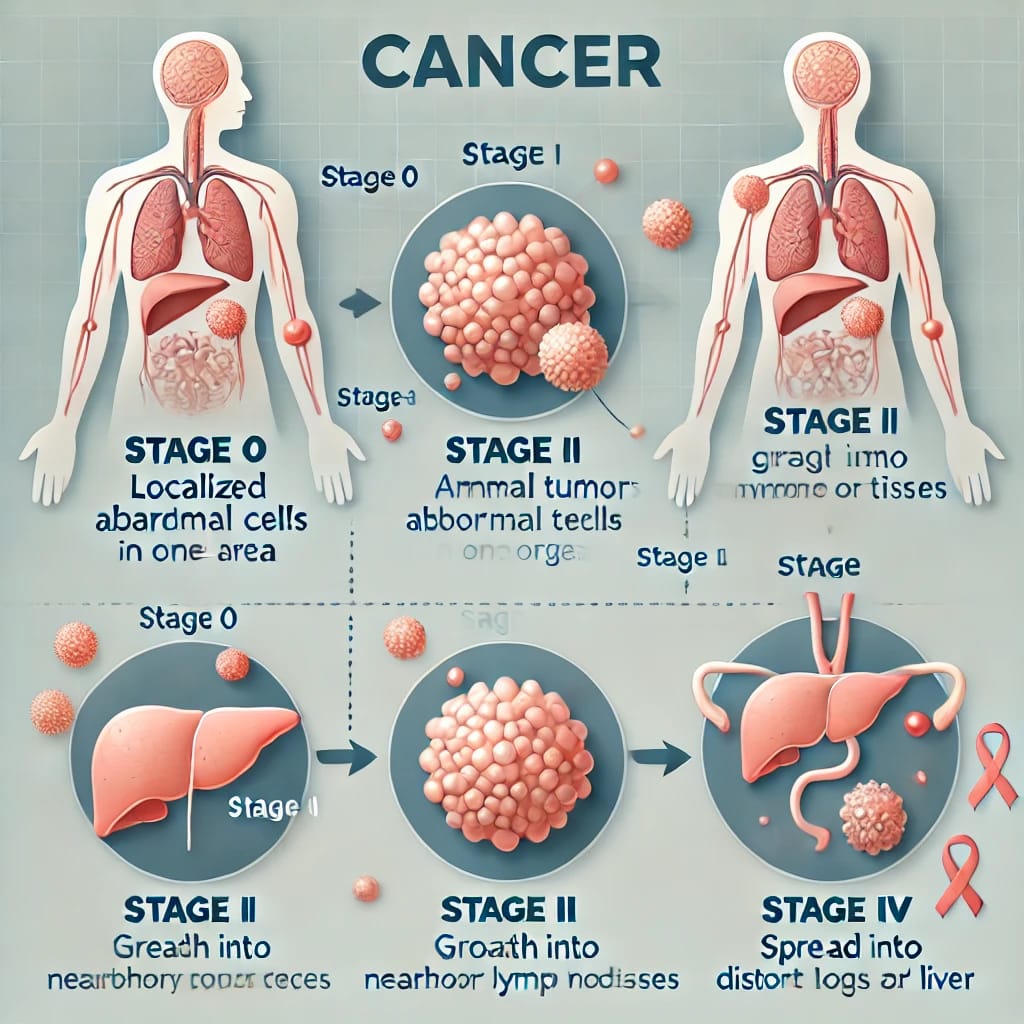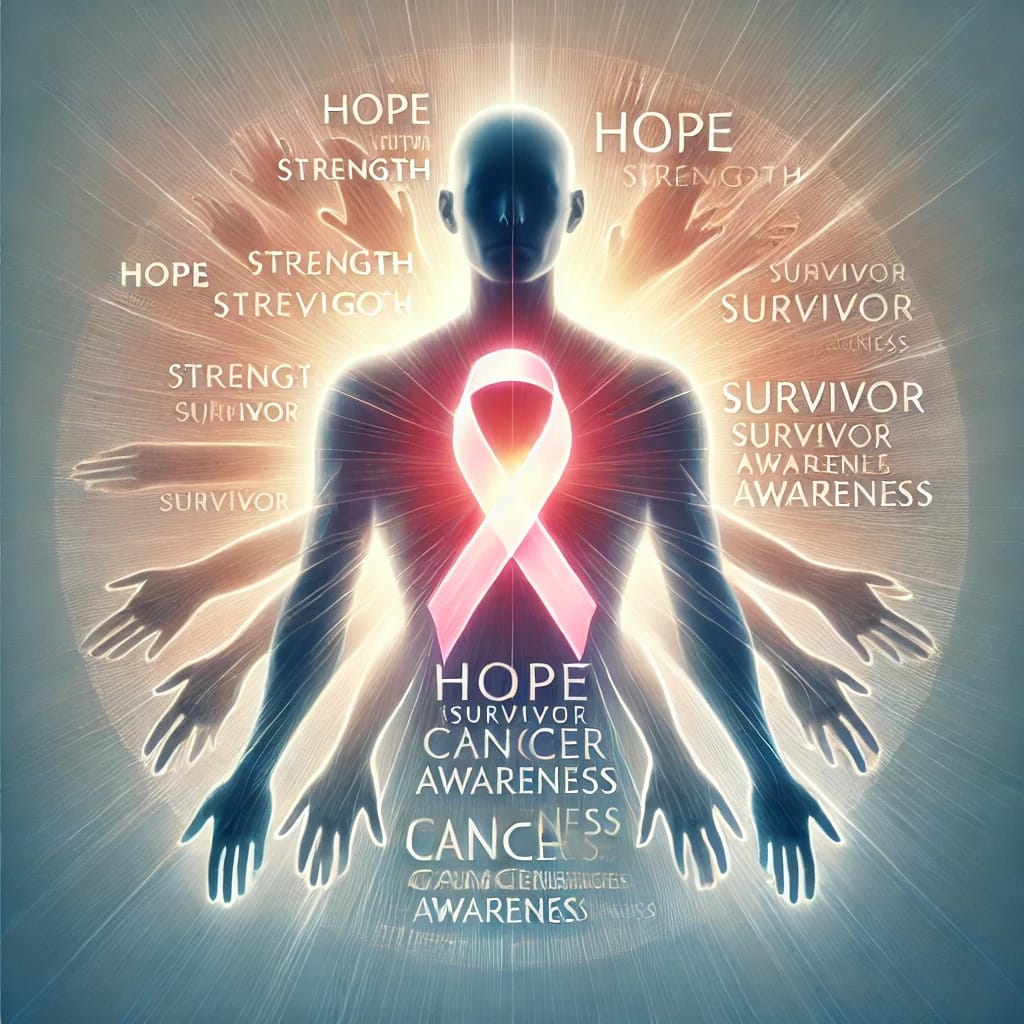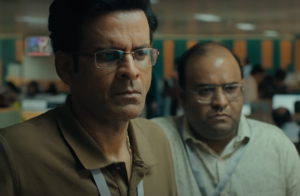Understanding Cancer Stages: What They Mean for Diagnosis and Treatment
When someone is diagnosed with cancer, one of the first questions they often face is, “What stage is it?” Understanding cancer stages can feel overwhelming, but it’s an essential part of crafting a treatment plan and knowing what to expect.

What Are Cancer Stages?
Cancer stages describe how far the disease has progressed in the body. Doctors use this system to pinpoint where the cancer is and how much it has spread, which is critical for planning treatment. Here’s a breakdown:
Stage 0: Think of this as a warning stage. It’s called “carcinoma in situ,” meaning abnormal cells are present but haven’t spread.
Stage I: Early-stage cancer. The tumor is small and hasn’t moved beyond its original location.
Stage II and III: At these stages, the cancer is more advanced. It may involve larger tumors or have spread to nearby tissues or lymph nodes.
Stage IV: This is the most advanced stage, where cancer has spread to distant parts of the body.
Why Knowing the Stage Matters
Staging helps doctors decide on the best course of action. It’s like a roadmap that guides treatment options, whether that’s surgery, chemotherapy, radiation, or newer treatments like immunotherapy.
For Patients: It helps set expectations and gives clarity about the journey ahead.
For Doctors: It ensures the treatment plan is tailored to the cancer’s progression.
For Research: It allows doctors to match patients with clinical trials that could offer promising new treatments.
The Role of Early Detection
Catching cancer early often means a better chance of successful treatment. That’s why regular screenings, like mammograms or colonoscopies, are so important. If something feels off—like a lump, unusual fatigue, or unexplained weight loss—it’s always worth getting checked.
A Message of Hope
Advances in medicine have made it possible to fight cancer at all stages. From cutting-edge imaging techniques to targeted therapies, every day brings new breakthroughs. And while the word “cancer” can be scary, understanding what the stages mean can help you take the first step toward recovery.
If you or someone you love is facing cancer, know that you’re not alone. Your medical team, loved ones, and countless support networks are here to walk this journey with you.



















Post Comment